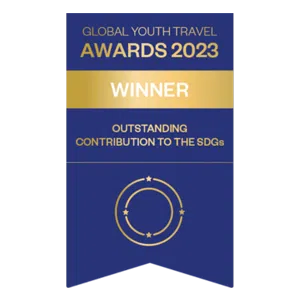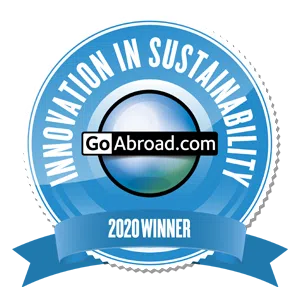Ditch the ordinary and embark on an exciting journey to an enchanting tropical island, where you’ll dive headfirst into the captivating world of marine conservation. Join us as a Zanzibar dolphin volunteer and become a guardian of the delicate balance of the local marine ecosystem, protecting it from the harmful effects of human activities. Enjoy daily boat journeys and snorkelling through the crystal-clear waters of the Indian Ocean whilst carrying out dolphin research: tracking dolphin movements, behaviours, and interactions during dolphin tours.
This volunteer experience in Zanzibar is not just about making a difference for dolphins and the ocean; it’s also about personal growth and professional development. You’ll gain valuable experience in marine research, conservation practices, and cross-cultural communication.






































